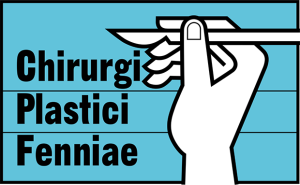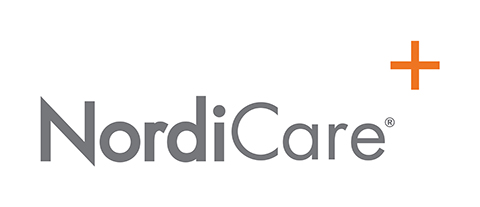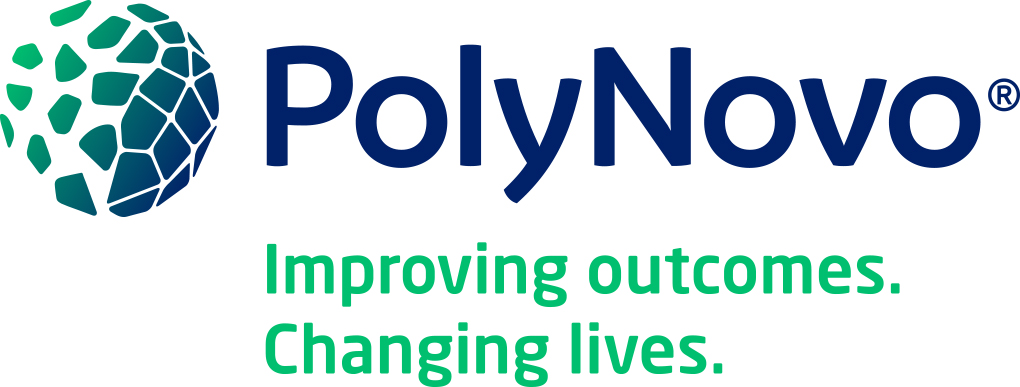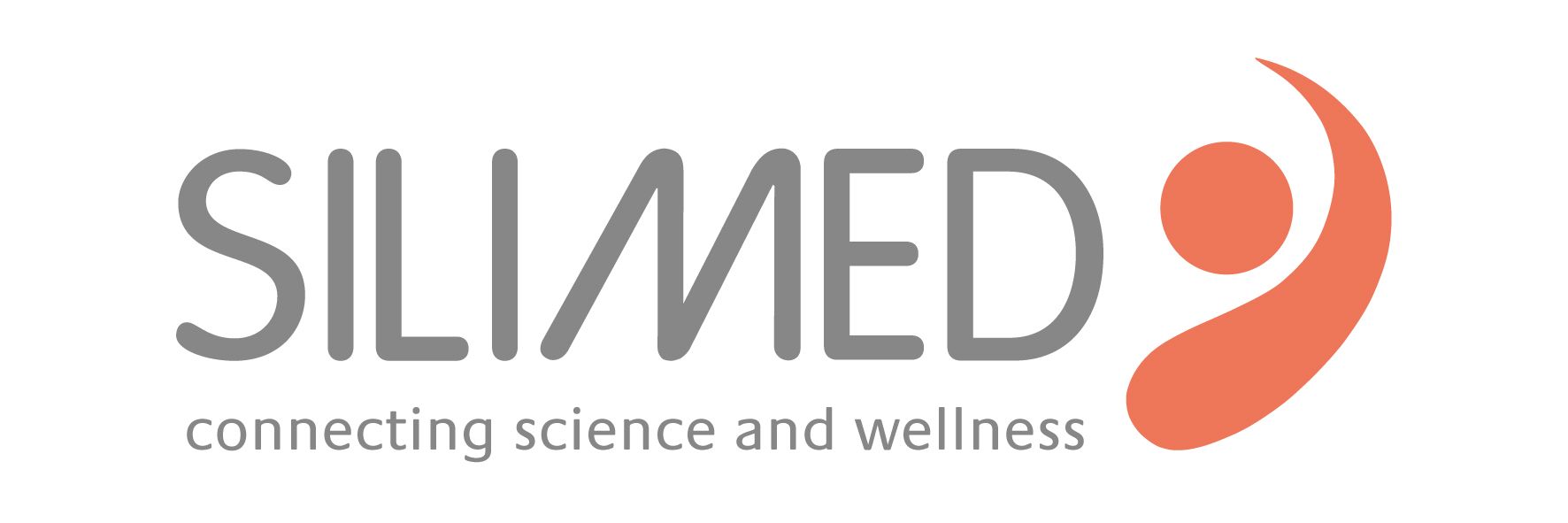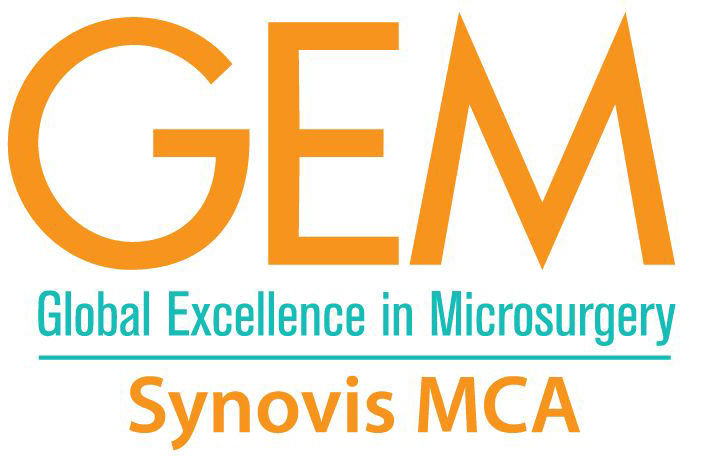Blog
Clinical days are filled with tasks that hospital administration, patients, and colleagues require us to do, but still, it is always a good idea to take a deep breath and think about what we are doing. The past few years have changed the world and us in unprecedented ways. In just a few weeks, we all became experts in remote meetings, and webinars experienced a renaissance. The global challenges of hospital operations have prompted us to reflect on the role of plastic surgery in this current time and world.
The fastest growing industry – are we ready to take care of it; Heikki Kupi
The fastest growing industry is esthetic treatments, and part of it is esthetic plastic surgery. The world is changing in this field everywhere – in North and South America, Asia, Africa, Europe, and even here in Scandinavia. The main point is that we cannot rely solely on surgical interventions. The solution lies in a hybrid approach, incorporating both non-surgical and surgical treatments. As plastic surgeons, we must embrace this mindset.
From experimental to evidence-based; Ilkka Kaartinen
Plastic surgery is a field of innovation. This creativeness has defined our specialty since its beginnings and has allured many to become practitioners of this craft. Finding the most elegant and thorough solutions in restoring form and function after illness or trauma is in the centre of thinking in reconstructive surgery. Moreover, we take pride in the fact that we operate the human body from head to toes, not merely a single organ or joint.
Plastic Nurses Association as a networking support
Care practices and approaches vary widely from country to country. Practices may also vary widely between hospitals in different countries. The same procedures are performed in completely different ways. New practices can be shared through training days or hospital visits. But how can good treatment methods or practices be shared if there is no lecture on plastic surgery at training days?
Are we doing the right things; Patrik Lassus
We Scandinavians share a lot. We share common history for a thousand year where land has been occupied by the neighbor for some centuries and after turmoil kings and armies have marched in the opposite direction. Despite and maybe because of it we have become united. And most remarkably Scandinavian countries have become friends.
What we really do – education; Virve Koljonen
Clinical days are filled with tasks that hospital administration, patients, and colleagues require us to do, but still, it is always a good idea to take a deep breath and think about what we are doing.
